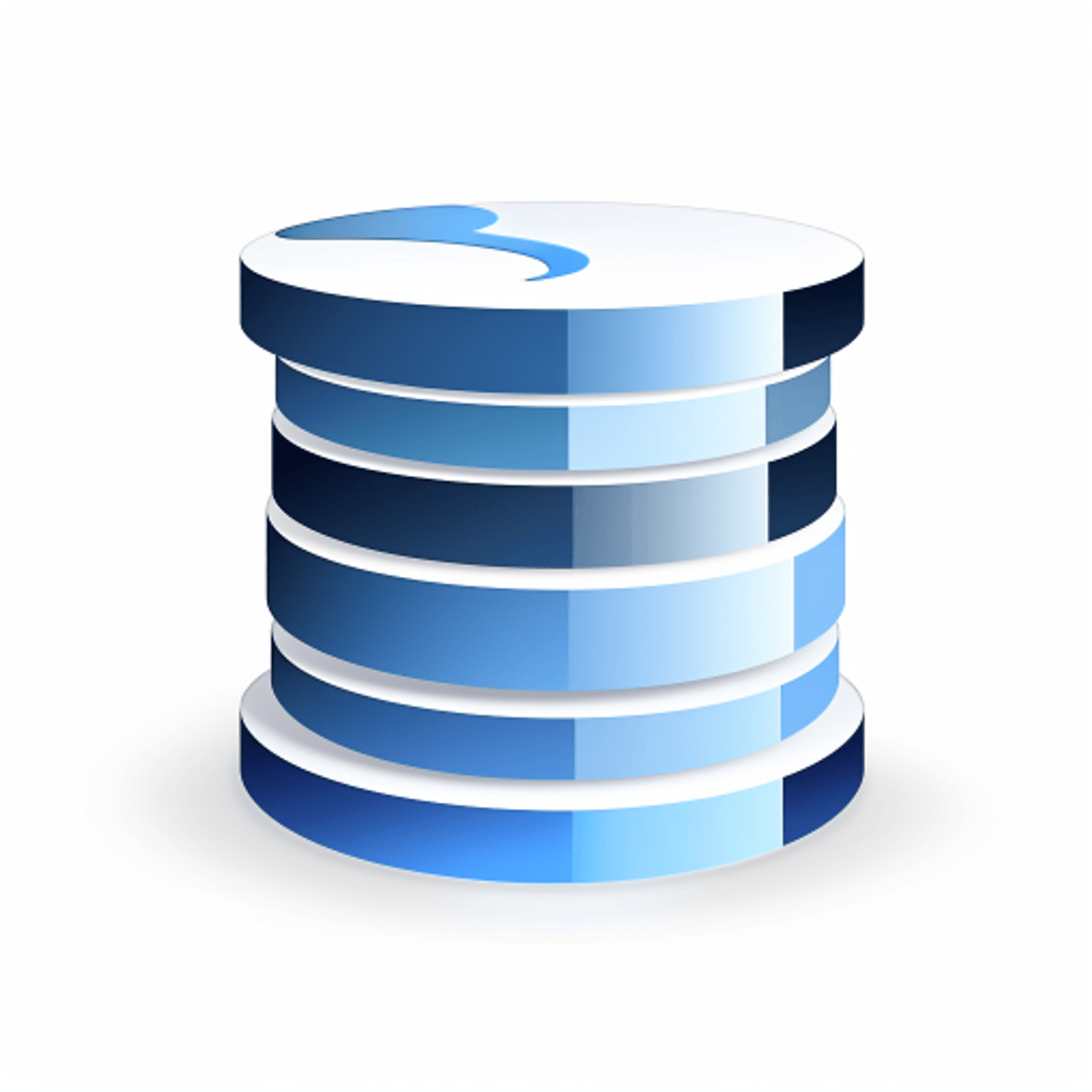
This course is designed specifically for SQL Developers with a focus on PostgreSQL. It assumes a solid foundation in SQL and guides learners through advanced topics specific to PostgreSQL. You'll explore crucial concepts, such as complex queries, performance optimization, and database administration tasks unique to PostgreSQL.
Read more
This course is designed specifically for SQL Developers with a focus on PostgreSQL. It assumes a solid foundation in SQL and guides learners through advanced topics specific to PostgreSQL. You'll explore crucial concepts, such as complex queries, performance optimization, and database administration tasks unique to PostgreSQL.
This course is designed specifically for SQL Developers with a focus on PostgreSQL. It assumes a solid foundation in SQL and guides learners through advanced topics specific to PostgreSQL. You'll explore crucial concepts, such as complex queries, performance optimization, and database administration tasks unique to PostgreSQL.
To ensure an immersive, self-paced learning experience, this course employs a video-free approach. Instead, assignments feature concise explanations, complemented by visuals and executable SQL code examples. These examples come with suggested modifications, encouraging learners to explore further and deepen their understanding through practical application. Participants will receive immediate feedback through a range of assessment items. These assessments progress from quick comprehension checks (multiple choice, fill in the blank, and unscrambling SQL queries) to small, manageable coding exercises that can be completed in minutes rather than hours.
What's inside
Syllabus
Basic SQL Statements
Welcome to Week 1 of the SQL for Software Developers course. These assignments cover the concepts of various data manipulations, CRUD and data types in PostGreSQL. The module ends with graded coding exercises.
Read more
Syllabus
Good to know
Save this course
Activities
Follow a tutorial on PostgreSQL performance optimization
Show steps
Performance optimization is crucial for any database. Follow a tutorial to learn techniques for optimizing PostgreSQL queries and improving database performance.
Show steps
-
Find a reputable tutorial on PostgreSQL performance optimization.
-
Follow the steps in the tutorial to implement optimization techniques.
-
Test the performance improvements.
Build a small database application using PostgreSQL
Show steps
Practical experience is invaluable. Build a small database application to apply your PostgreSQL skills and solidify your understanding.
Browse courses on
Database Development
Show steps
-
Define the scope and requirements of your application.
-
Design the database schema.
-
Write the SQL statements to create the database and tables.
-
Populate the database with data.
-
Write the application code to interact with the database.
Show all two activities
Follow a tutorial on PostgreSQL performance optimization
Show steps
Performance optimization is crucial for any database. Follow a tutorial to learn techniques for optimizing PostgreSQL queries and improving database performance.
Show steps
- Find a reputable tutorial on PostgreSQL performance optimization.
- Follow the steps in the tutorial to implement optimization techniques.
- Test the performance improvements.
Build a small database application using PostgreSQL
Show steps
Practical experience is invaluable. Build a small database application to apply your PostgreSQL skills and solidify your understanding.
Browse courses on
Database Development
Show steps
- Define the scope and requirements of your application.
- Design the database schema.
- Write the SQL statements to create the database and tables.
- Populate the database with data.
- Write the application code to interact with the database.
Career center
Database Architect
Data Analyst
Software Engineer
Data Scientist
IT Support Specialist
Business Analyst
Database Administrator
Quality Assurance Analyst
Project Manager
Technical Writer
Systems Analyst
Information Security Analyst
Business Intelligence Analyst
Data Warehouse Engineer
Web Developer
Reading list
Share
Similar courses
OpenCourser helps millions of learners each year. People visit us to learn workspace skills, ace their exams, and nurture their curiosity.
Our extensive catalog contains over 50,000 courses and twice as many books. Browse by search, by topic, or even by career interests. We'll match you to the right resources quickly.
Find this site helpful? Tell a friend about us.
We're supported by our community of learners. When you purchase or subscribe to courses and programs or purchase books, we may earn a commission from our partners.
Your purchases help us maintain our catalog and keep our servers humming without ads.
Thank you for supporting OpenCourser.


